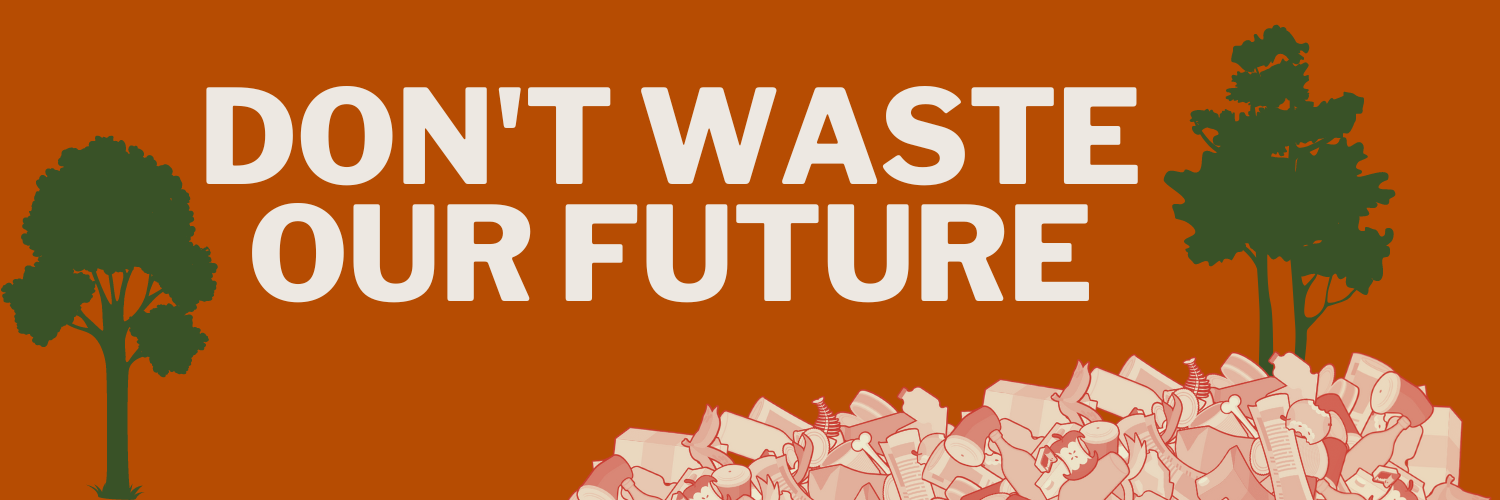national food waste strategy unveiled at refed summit, includes key strategies advocated for by industrious and others
On June 12, at the national ReFed Food Waste Solutions Summit, U.S. Department of Agriculture Secretary Tom Vilsack announced the White House’s National Strategy to Reduce Food Loss and Waste and Recycle Organics - this is a big deal! In the press release, EPA Administrator Michael S. Regan said, “Each year food produced in the United States ends up in landfills, instead of on American dinner tables. This waste hurts our economy, raises the cost of food, and contributes to climate pollution. The National Strategy we are announcing today provides a comprehensive set of actions that EPA and our partners at USDA and FDA will take to reduce waste and protect our environment while improving food security and saving money for families and businesses.”
The strategy puts forward four objectives and actions that USDA, EPA, and FDA could take:
Objective 1: Prevent food loss.
Objective 2: Prevent food waste.
Objective 3: Increase the recycling rate for all organic waste.
Objective 4: Support policies that incentivize and encourage the prevention of food loss and waste and organics recycling.
We’re excited that the White House took into account feedback on their draft strategy and improved it!:
The Institute for Self Reliance put out a great analysis of the Strategy, highlighting that the White House took into account comments from ILSR and others and boosted the role decentralized composting should play, as it maximizes benefit to community.
Over 50 groups, including Industrious Labs, had called on the EPA to include more effective standards for landfills so that they better control their methane emissions and keep organics out of landfills, and the Strategy did include this statement: “EPA is evaluating a number of new and emerging technologies and different regulatory approaches that could be incorporated into a revised/updated New Source Performance Standard/Emission Guidelines under Section 111 of the Clean Air Act for municipal solid waste landfills. Among these regulatory approaches is organics waste diversion.”
On May 30, the White House renewed its commitment to the 2030 goal and adding the U.S. Agency for International Development to interagency efforts to reduce food loss and waste.
The EPA estimates a 95% methane reduction efficiency through composting and anerobic digestion compared to landfilling. This Strategy is an exciting jumping off point catalyze needed policies and resources that keep organics out of landfills, along with food donation, community composting, animal feedstock, composting infrastructure development, and financial resources dedicated to outreach, education and implementation.
